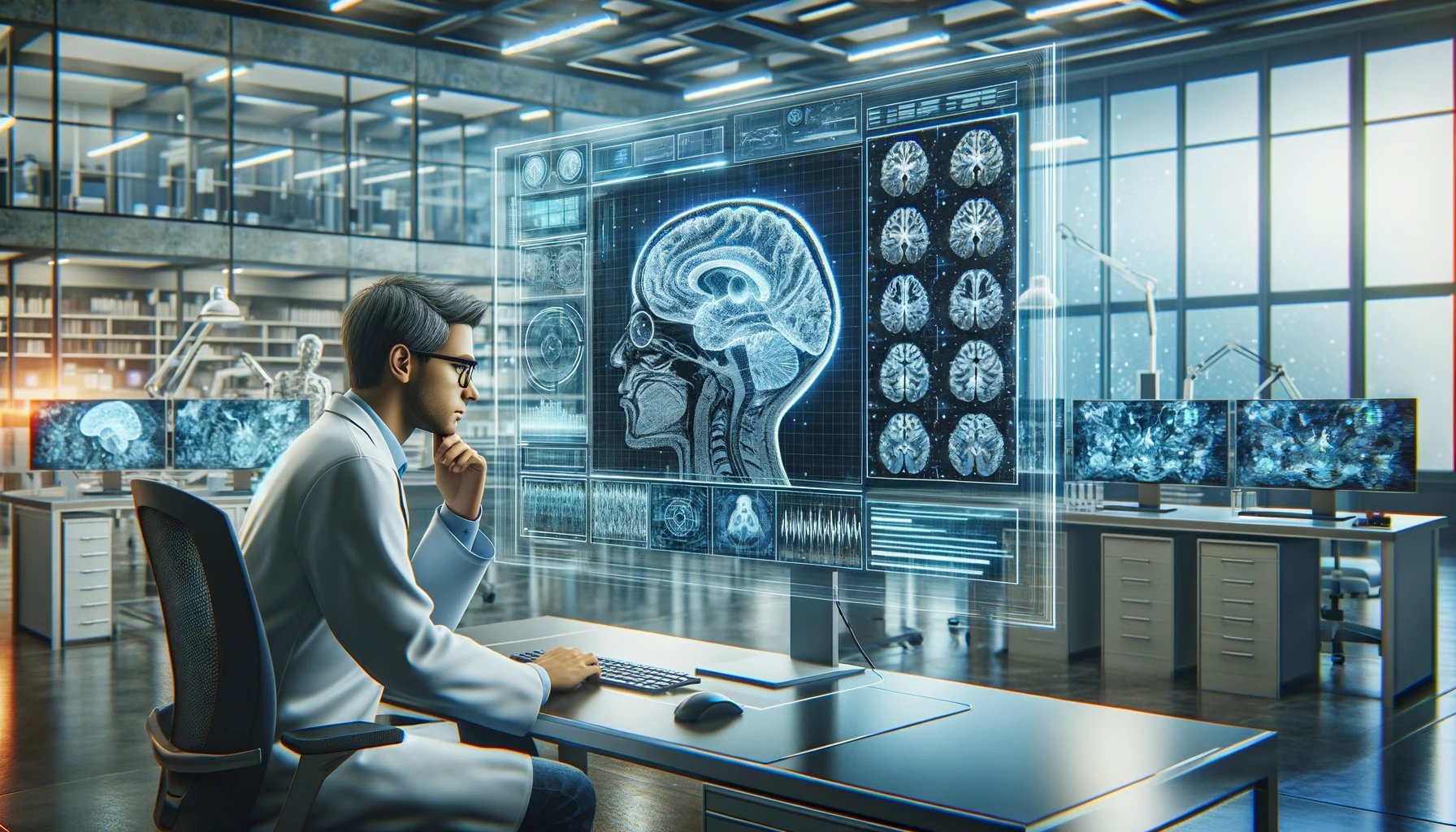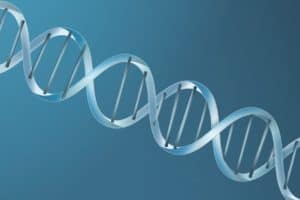What Can Cause Autism?
Autism, or Autism Spectrum Disorder (ASD), is a neurodevelopmental condition that affects communication, social interaction, and behavior. Although the exact causes of autism are not yet fully understood, research suggests that it results from a combination of genetic and environmental factors that influence brain development.
Genetic Factors
Numerous studies have shown that autism has a strong genetic component. Multiple genes associated with ASD have been identified, many of which are related to brain development and function. Some of these genes can be inherited, while others may arise from spontaneous mutations. If one sibling has autism, there is a higher risk that another sibling will also have it, reinforcing the theory of a genetic predisposition.
Environmental Factors
While genetics play a crucial role, environmental factors can also influence the development of ASD. Some research suggests that certain factors during pregnancy or early childhood may increase the risk of autism. These factors include:
Parental Age: Having children at an advanced age may increase the risk of genetic mutations associated with autism.
Complications During Pregnancy and Birth: Factors such as low birth weight, premature birth, maternal infections, or lack of oxygen during birth may be linked to a higher risk of ASD.
Exposure to Toxic Substances: Prenatal exposure to environmental pollutants, pesticides, heavy metals, or certain chemicals may affect the baby’s brain development.
Use of Certain Medications During Pregnancy: Some studies have linked the use of certain drugs, such as valproate, to an increased risk of ASD in children.
Debunking Myths About the Causes of Autism
It is important to clarify that autism is not caused by:
Vaccines: There is no scientific evidence linking vaccines to autism. This myth originated from a fraudulent study that has been discredited by the medical and scientific community.
Poor Parenting: ASD is not the result of parenting styles. It is a neurobiological condition that develops from infancy.
Diet: While some children with ASD may benefit from certain dietary changes, there is no evidence that a specific diet causes or cures autism.
Conclusion
Autism is a complex condition with multiple risk factors. Research continues to advance to better understand its causes and develop strategies to support individuals with ASD. The most important thing is to promote greater awareness and acceptance, providing the necessary support so that every person on the spectrum can reach their full potential.













